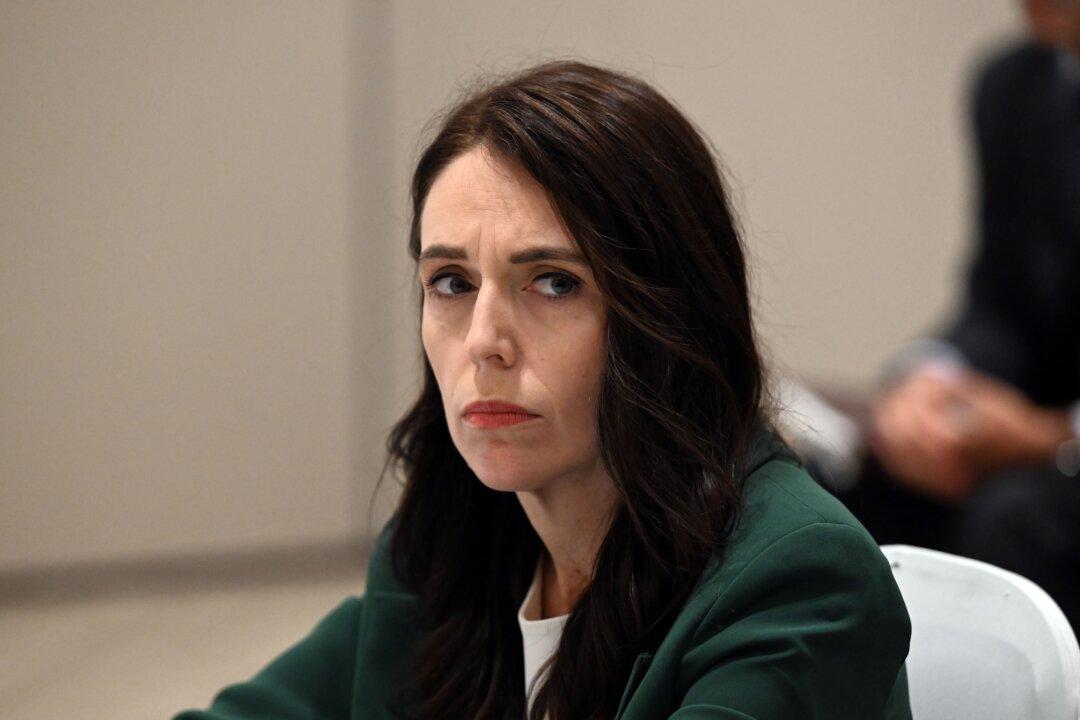The New Zealand government has placed travel bans on 22 Iranian security guards, including members of the morality police, who are connected to the death of Mahsa Amini and the violent response to protests that it sparked.
Prime Minister Jacinda Ardern said New Zealand will always support the right to peaceful protest and condemned the Iranian authorities for the brutal suppression of protestors.





